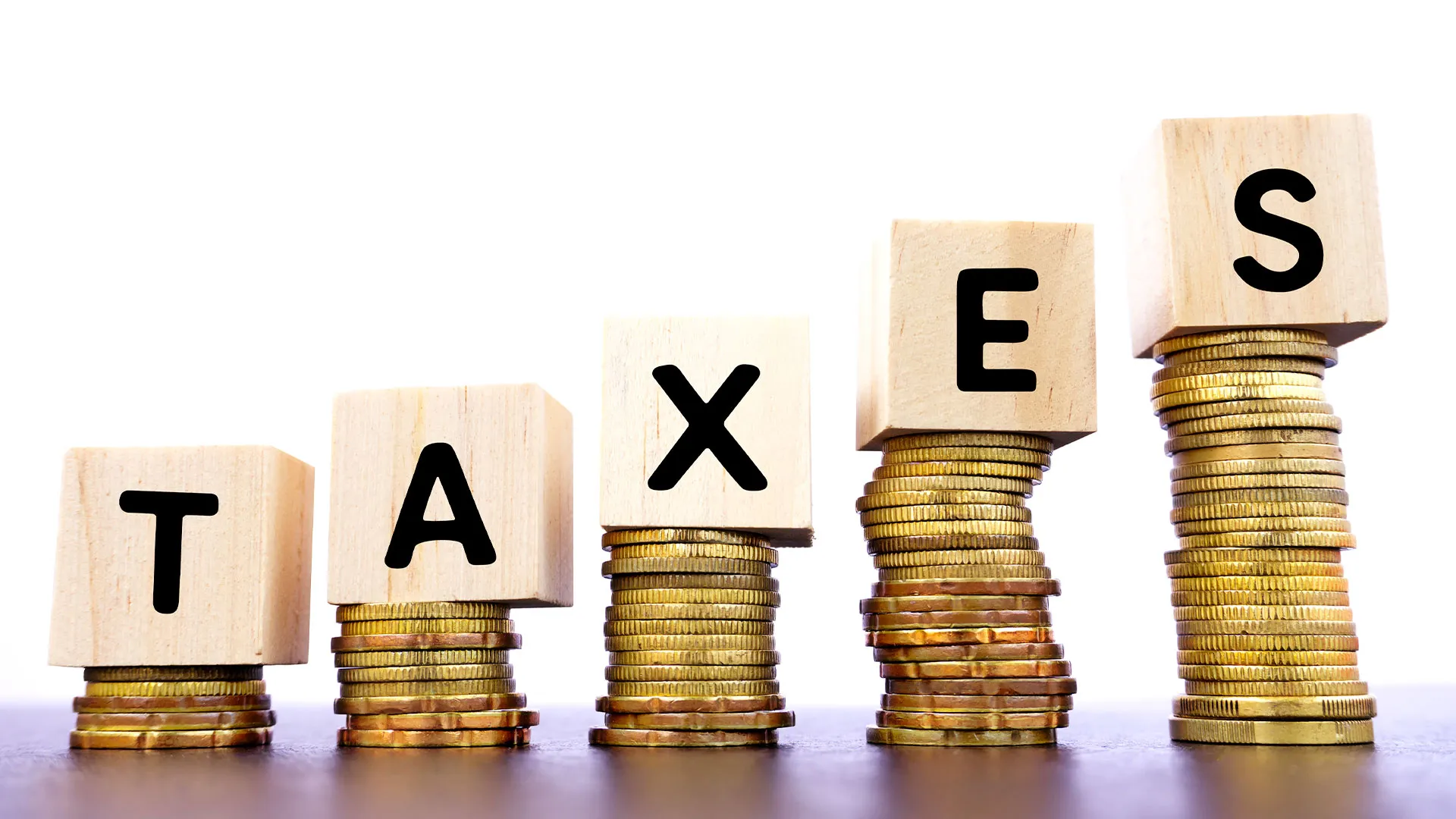
As the tax season approaches in Canada, it’s crucial to be well-prepared to ensure a smooth and accurate filing process. Navigating the Canadian tax system can be complex, but having a comprehensive checklist of the necessary documents will make the task more manageable. In this guide, we’ll break down the key documents and information you need to file your taxes for the year 2023.
UNDERSTANDING THE CANADIAN TAX SYSTEM
Before delving into the checklist, let’s briefly understand the Canadian tax system. The Canadian Revenue Agency (CRA) oversees tax collection and administration. Canadian residents are required to file their income tax returns annually, generally by April 30th of the following year. Failure to meet this deadline may result in penalties and interest.
THE 2024 CANADA TAX CHECKLIST
1. Personal Information:
Social Insurance Number (SIN): Ensure that your SIN is accurate and up-to-date. This is crucial for tax identification purposes.
2. Income Documents:
T4 Slip (Employment Income): Provided by your employer, the T4 slip outlines your employment income, deductions, and taxes withheld.
T5 Slip (Investment Income): If you earned income from investments, such as dividends or interest, you’ll receive a T5 slip from your financial institutions.
T3 Slip (Trust Income): If you have investments in a trust, you may receive a T3 slip detailing income earned.
3. Business Income:
T2125 Form (Statement of Business or Professional Activities): If you are self-employed, a sole proprietor, or have a small business, use the T2125 form to report your business income and expenses.
4. Rental Income:
T776 Form (Statement of Real Estate Rentals): If you own rental properties, you’ll need this form to report rental income and expenses.
5. Education-related Documents:
T2202A (Tuition, Education, and Textbook Amounts Certificate): If you’re a student, this form is provided by your educational institution and outlines eligible tuition fees for tax credits.
6. Charitable Donations:
Receipts for Donations: Gather receipts from registered charities for any charitable donations you made during the year.
7. Medical Expenses:
Receipts for Medical Expenses: Keep receipts for eligible medical expenses, which may be claimed as deductions.
8. Homeownership Documents:
Property Tax Statements: Details on property taxes paid during the tax year.
Mortgage Interest Statements: Documentation of mortgage interest payments.
9. RRSP Contributions:
RRSP Contribution Receipts: If you made contributions to a Registered Retirement Savings Plan (RRSP), ensure you have the corresponding receipts.
10. Capital Gains and Losses:
Records of Investment Transactions: Detailed records of any buying or selling of investments, as these transactions may result in capital gains or losses.
11. Public Transit Passes:
Receipts for Public Transit Passes: If you used public transit, you may be eligible for a tax credit. Keep receipts as proof of purchase.
12. Child Care Expenses:
Receipts for Child Care Services: If you paid for eligible child care services, keep receipts for potential tax credits.
13. Employment Expenses:
T2200 Form (Declaration of Conditions of Employment): If you incur expenses as an employee that are not reimbursed by your employer, you may need this form.
14. Other Income:
Documentation for Other Income Sources: If you have additional sources of income, ensure you have the necessary documentation.
15. Previous Year’s Notice of Assessment:
Notice of Assessment (NOA) from the Previous Year: This document provides key information and can be useful for reference.
TIPS FOR A SMOOTH TAX FILING EXPERIENCE
Stay Organized: Create a folder or digital file to store all your tax-related documents throughout the year.
Use Technology: Consider using tax software to streamline the filing process. Many programs can import information directly from your slips.
Seek Professional Assistance: If your financial situation is complex, consulting with a tax professional can provide valuable guidance and ensure accuracy.
Keep Records Secure: Safeguard sensitive information and keep backups of digital records.
Stay Informed: Be aware of any changes in tax laws or credits that may affect your filing.
Filing taxes in Canada doesn’t have to be a daunting task. With proper preparation and a comprehensive checklist, you can navigate the process with confidence. Ensure you gather all the necessary documents, stay informed about any changes to tax laws, and consider seeking professional advice if needed. By staying organized and proactive, you’ll be well on your way to a successful and stress-free tax season in 2024. Don’t let the complexities of taxes add unnecessary stress to your life. Contact Wealth Cloud today at 226-503-1001, and let our team of dedicated professionals assist you in navigating the intricate world of finance.